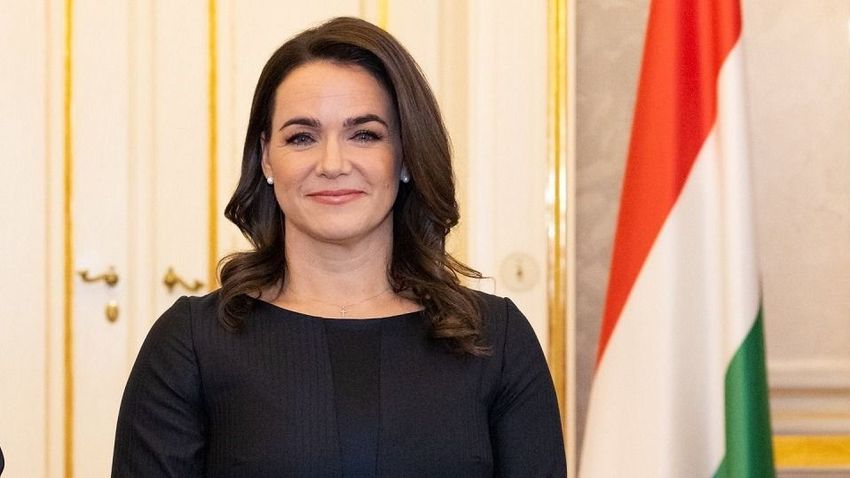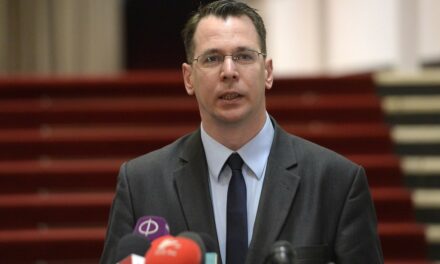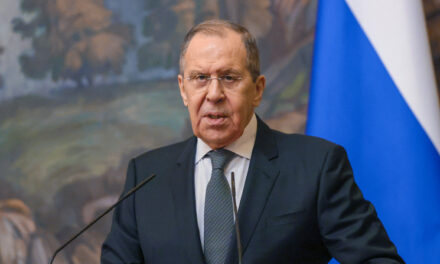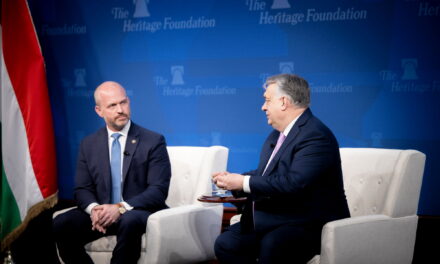The seven people involved in the Budaházy case will receive a presidential pardon after President Katalin Novák signed the clemency requests of the people involved. As is well known, György Budaházy was sentenced to 17 years in prison and 14 other defendants to a total of more than a hundred years in prison for committing terrorist acts and other crimes in March of this year. Earlier, several organizations spoke out against the disproportionateness and injustice of the sentence, and in July they protested in a street demonstration against the verdict in the so-called Hunnia trial.
"In mid-December, I received requests for clemency from those involved in the so-called Budaházy case. As is known, criminal proceedings against 17 people are still ongoing today, after 13 years. I find it regrettable that the court was not able to make a legally binding decision even in almost a decade and a half," read the announcement of the Sándor Palace.
The President of the Republic stated that, after careful consideration, he decided to separate the cases of those persons who were acquitted by the court in the first instance, and where the committed act was deemed to be of lesser importance. "Further prolongation of the procedure would mean a disproportionate harm to them compared to the punishment that can be imposed. The time spent in pre-trial detention and the 13-year-long running of the cane severely tested those involved and their families. In the case of seven persons, I have therefore decided on procedural clemency," says the statement.
Katalin Kondor, Loránt Hegedűs and the family members of the accused went to the Sándor Palace on December 11 to take the letter of the accused asking for pardon to the President of the Republic.
In July of this year, in a demonstration organized by civil cooperation, they protested in order for Budaházy and 14 of his companions to be pardoned, and in addition, prominent personalities of the right-wing court have already voiced the injustice of the sentence several times.
The Protected Society Foundation drew attention to the disproportionality of the verdict. As they wrote in their statement, "the disproportionality of the sentence, the anomalies surrounding the procedure, and the lack of criminal prosecution of the operators of the system based on police terror and intimidation between 2006 and 2010, together result in the unprecedentedly harsh punishment of Györgyé Budaházy being a serious attack on the Hungarian people's sense of justice". According to their statement
"it is difficult to process that the same court that did not convict Prime Minister Ferenc Gyurcsány and National Police Chief László Bene for the 2006 police terror, and ordered Budapest Police Chief Péter Gergényi to pay only HUF 400,000, is a first instance sentence of more than a hundred years in prison fathers and mothers of families, because 14-15 years ago they dared to stand up against an oppressive power that used violence against its own citizens".
The National Legal Protection Service previously proposed the creation of a so-called public amnesty law, which would grant amnesty to those who were convicted for political cases between 2006 and 2010.
Source and full article: Magyar Nemzet
Featured image: MTI/Sándor-palota/Róbert Érdi













